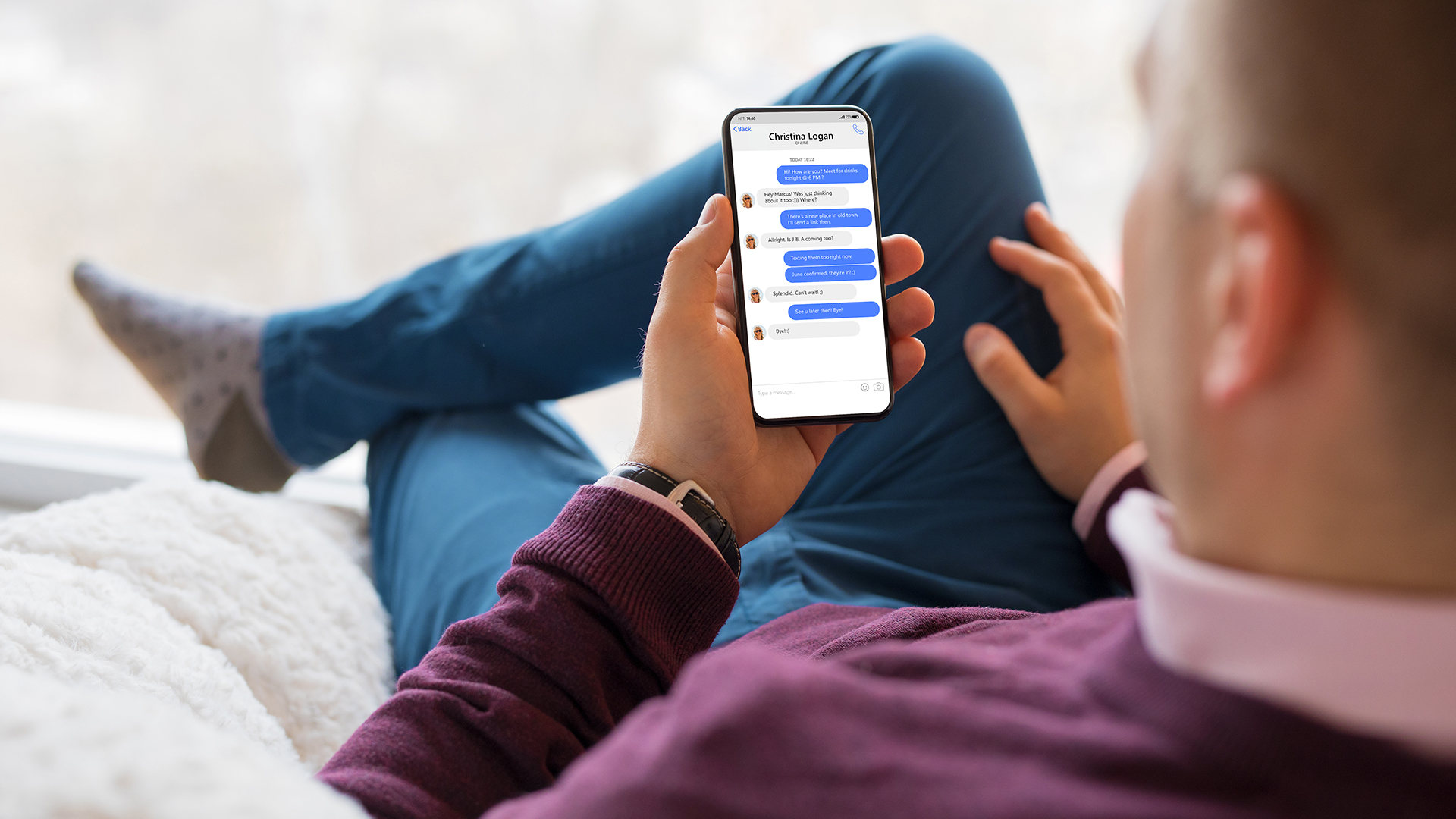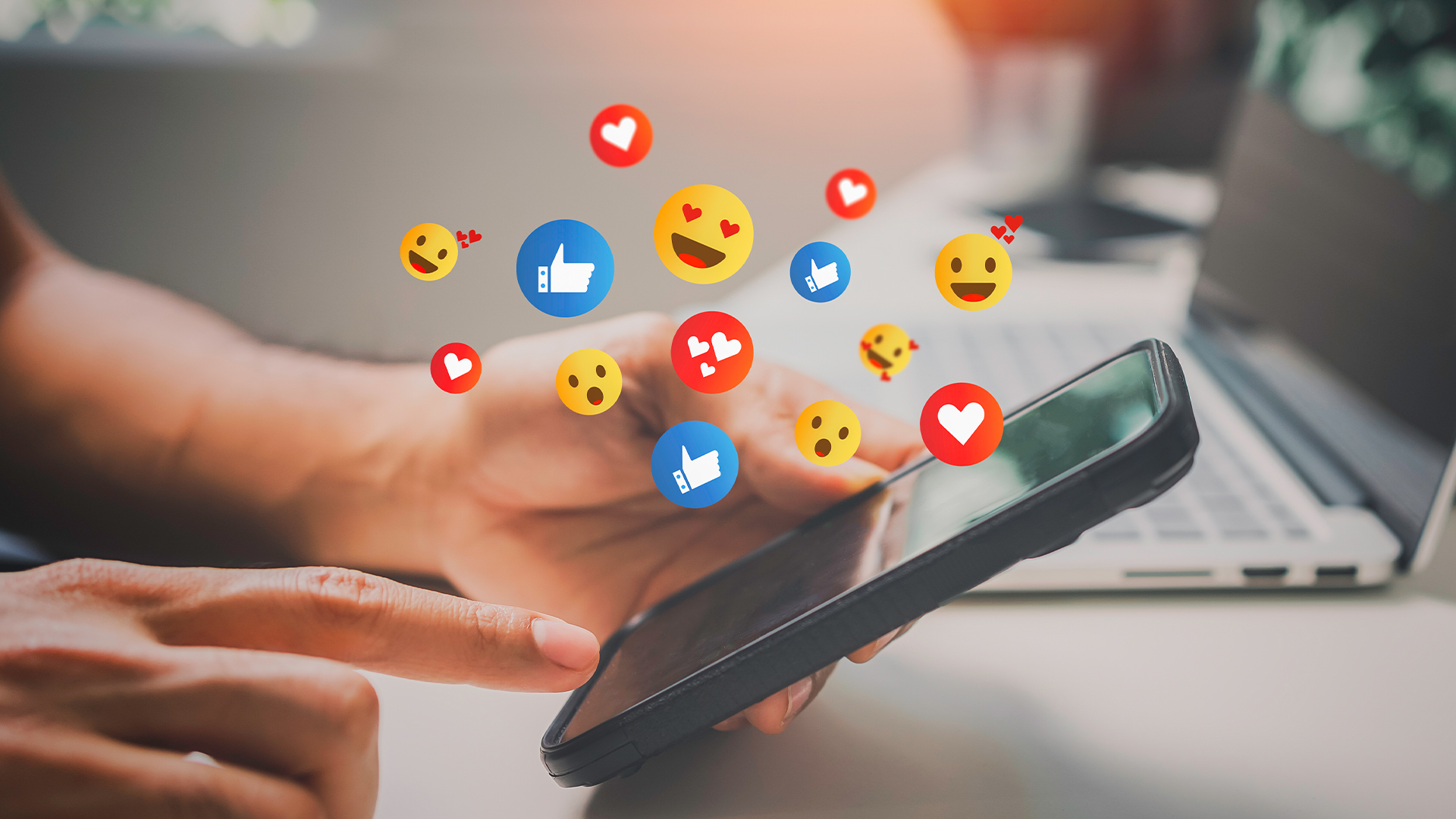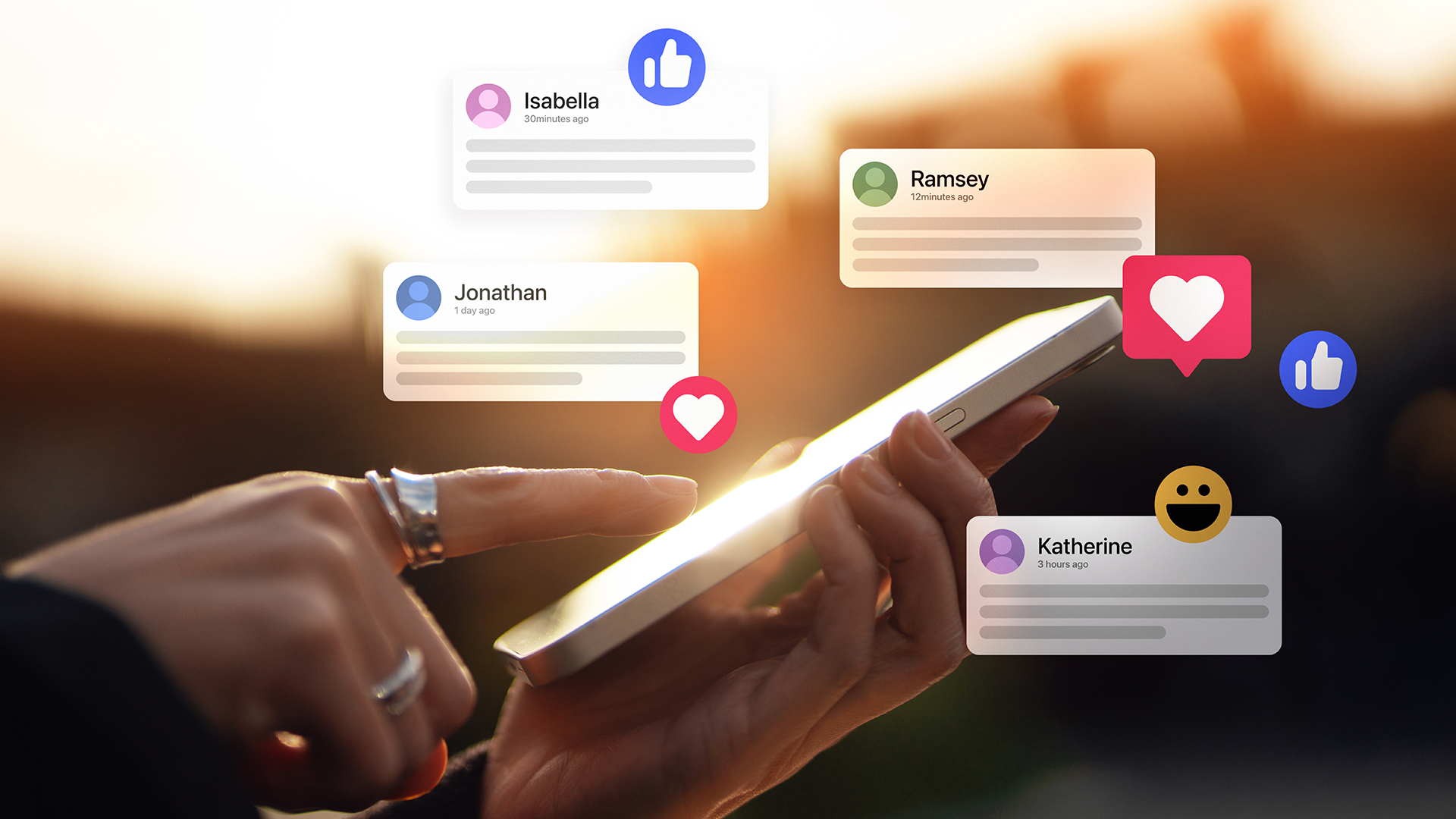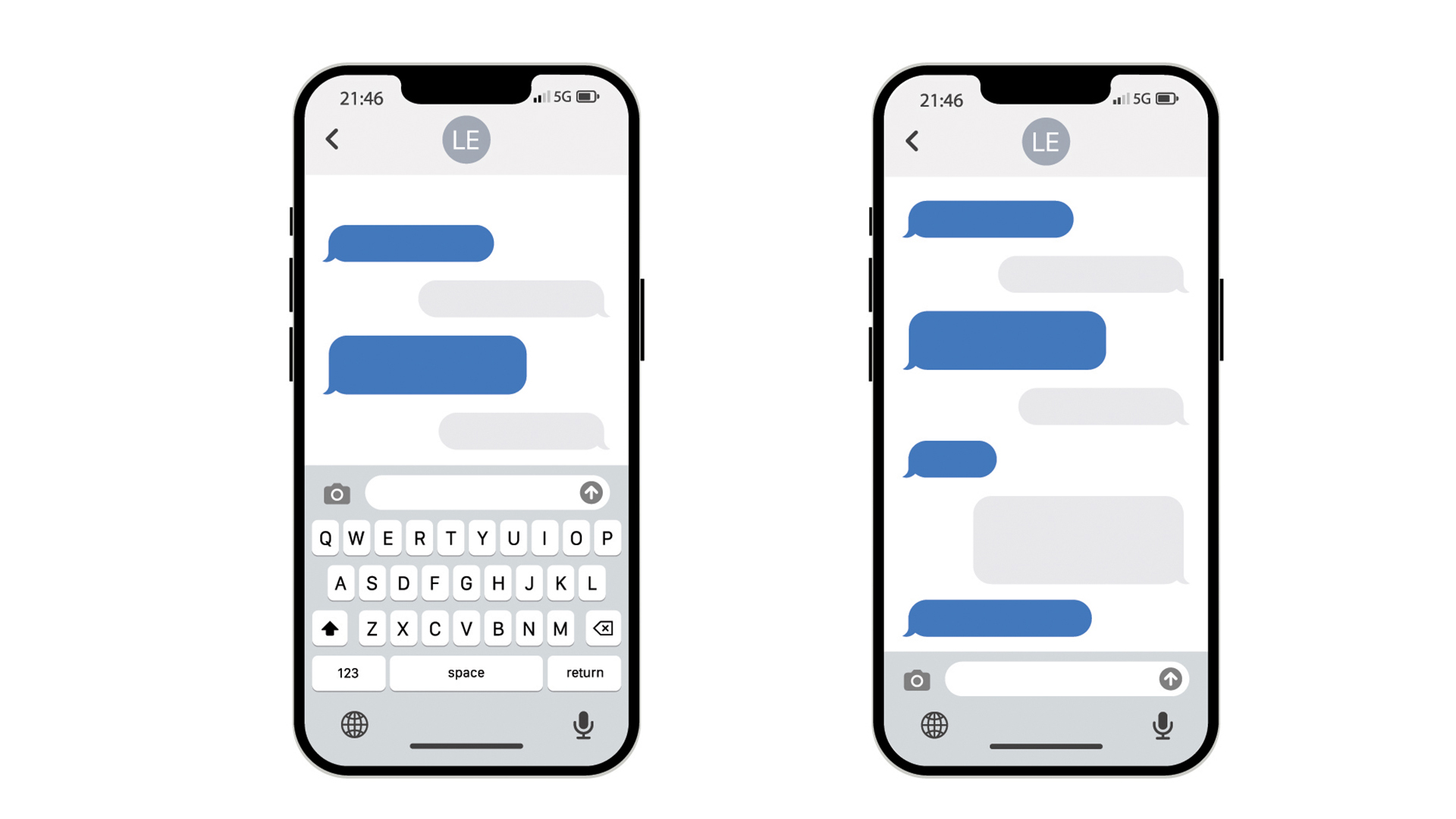Is it Apple iMessage’s time to shine?
What will it mean for non-Apple users?

At the moment I write this, the social era of the internet is in chaos. Twitter has locked tweets behind a login, Instagram is known as a sales front rather than a social hub, Reddit has infuriated and driven away the moderators who keep it from descending into Lord of the Flies, TikTok might get literally banned, and Facebook’s reputation is that it’s where people use their real names and photos to say the cruellest things.
Upstarts that aim to replace these sites have been springing up all over, but that’s exactly their problem – no individual has the mass of people or interest needed to be a replacement for a truly social site. Maybe Meta’s new Threads service will (it had just launched as we went to press), but given how negatively people think of Instagram and Facebook, Threads’ potential success certainly hangs by a… well, you get it. I mean, people still use Facebook and Instagram in their droves today, but that’s because they have momentum – how many of us would sign up today, with full knowledge of what those platforms are like now?
If you're an Android user looking to make the big switch, check out our iPhone 14 review.

The kids are ensconced in Fortnite, Roblox and Discord as places to hang out, but these are never going to appeal to Uncle Geoffrey. Where will the rest of us go for a place to connect with friends? A lot of this has already moved to texting groups for people – especially in WhatsApp, though Signal and Telegram have been making moves too – and it seems like that’s only going to become more the case. The semi-private social web is here, with closer-knit groups than traditional social media, but the chance to expand them with new invitees flexibly and easily.

This leaves an opportunity and/or conundrum for Apple. iMessage is one of these services, with lots of the same smart features you get in WhatsApp and so on. But whereas all these other platforms are open to everyone, iMessage is Apple only – the potential to be a social platform will always be limited by being actively exclusionary.
Up until now, this has been massively in Apple’s favour – among the youth in the US in particular, you can’t be seen to have green bubbles instead of iMessage’s blue ones. So iMessage directly pushes people to buy iPhones. It works; iPhones dominate the US teen phone use figures.

But now we’re entering a new phase, where competing chat apps might become a primary way of being social in groups if they can pull people in cross-platform. This means that people will be more inclined to use them for other communication than now. So Apple’s dilemma is: open iMessage to Android at last and have the chance to finally launch an actual successful social venture, but lose the exclusivity that’s been powerful; or risk losing mind-share to WhatsApp.
Daily design news, reviews, how-tos and more, as picked by the editors.
The answer is simple: a new bubble colour for everyone who uses iMessage on Android. It’s really that simple. Let others join the chat. Problem solved!
This article originally appeared in MacFormat. Subscribe to the magazine through Magazines Direct.

Matt is Managing Editor at TechRadar.com, and previously worked on T3, MacLife and MacFormat. He's been testing technology for over a decade, working in specialist Apple publications as well general technology and creative journalism, and has charted Apple’s ups and downs since his student days (but still hopes to hear “one more thing”). By day, you can find him covering TV, audio, smart home gear and more at T3.com, as Home Tech Editor. By night, he's probably updating or pairing or installing some new piece of technology in the quest for the perfect setup.
